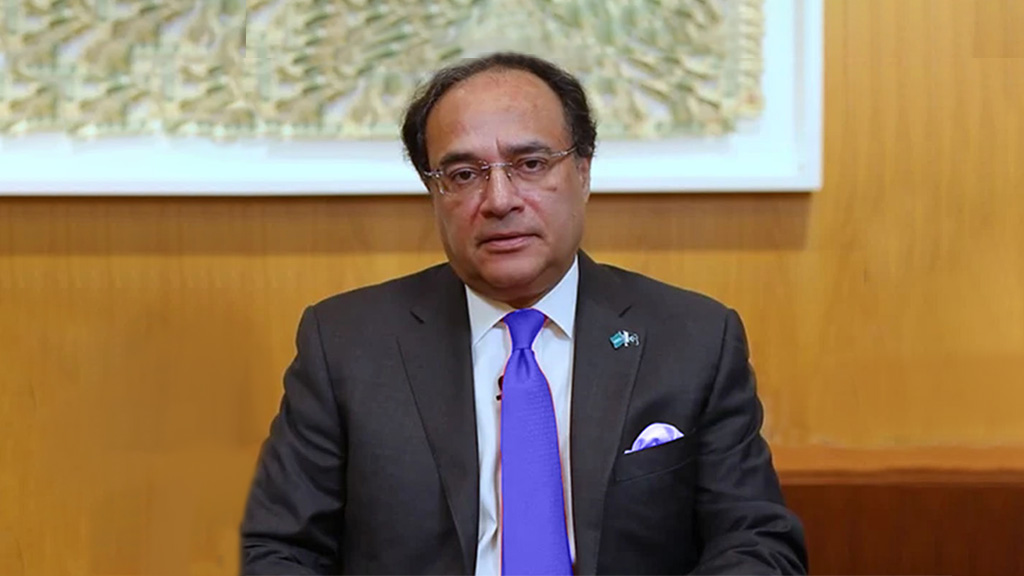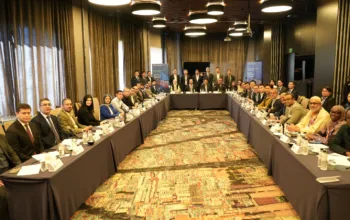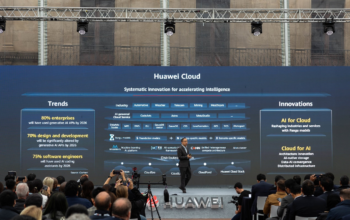Washington, D.C. – Finance Minister Muhammad Aurangzeb has expressed strong hopes for enhanced investments as Pakistan transitions to the second phase of the China-Pakistan Economic Corridor (CPEC). In an exclusive interview with CGTN’s U.S. edition, he noted that CPEC has shifted from a government-to-government investment framework in its initial phase to a business-to-business model in its upcoming phase.
Aurangzeb highlighted CPEC as the “champion project” of China’s Belt and Road Initiative, emphasizing that the first phase resulted in significant infrastructure development, particularly in road networks and ports. He underlined the importance of the second phase and Pakistan’s expectation of increased Chinese investments to bolster this stage of development.
The minister also expressed gratitude to the Chinese government and banks for their support in debt rollovers while reiterating Pakistan’s commitment to meeting its financial obligations.
Strategic Partnership with China
During a recent meeting with China’s Vice Minister of Finance, Liao Min, Aurangzeb reaffirmed the strong strategic partnership between Pakistan and China. He acknowledged China’s unwavering support for Pakistan’s socio-economic development and its assistance in securing the IMF’s Extended Fund Facility (EFF).
Addressing Energy Challenges
While attending the annual meetings of the International Monetary Fund (IMF) and the World Bank Group, Aurangzeb engaged with key international stakeholders, including U.S. officials. In a discussion with U.S. Assistant Secretary of State for Energy Resources Geoffrey Pyatt, he addressed the challenges facing Pakistan’s energy sector and outlined ongoing reforms aimed at transitioning to renewable energy sources.
The minister also met with Reta Jo Lewis, President of the Export-Import Bank of the United States, to foster closer collaboration in Pakistan’s energy, minerals, and IT sectors. He assured that necessary data would be provided to facilitate EXIM Bank’s market entry evaluation.
Partnership Opportunities with Gulf Investors
In discussions with Mohammad Kallala, Global Head of Corporate and Investment Banking at Natixis, Aurangzeb explored potential partnerships with Gulf investors, particularly from Saudi Arabia, to support financing and advisory services for investments in Pakistan’s infrastructure, renewable energy, transportation, aviation, and technology sectors.
Google’s Investment Plans in Pakistan
Karan Bhatia, Vice President and Global Head of Government Affairs and Public Policy at Google, met with Aurangzeb to discuss the tech giant’s recent initiatives and future investment plans in Pakistan. Bhatia raised concerns regarding regulatory, legislative, connectivity, and financial aspects essential for supporting Google’s contributions to the Pakistani economy.
Positive Outlook on Credit Ratings
In meetings with Moody’s credit rating agency representatives, Aurangzeb welcomed the recent upgrade of Pakistan’s credit rating to Caa2. He emphasized the Ministry of Finance and the central bank’s ongoing efforts to engage with rating agencies regarding Pakistan’s debt sustainability and fiscal health.
In discussions with S&P Global, the minister expressed hope for a further rating upgrade in the near future. He also appreciated the Asian Development Bank’s partnership in supporting Pakistan’s development agenda and anticipated the finalization of the Country Partnership Framework soon.
As Pakistan navigates these critical phases of development and investment, Aurangzeb’s engagements highlight the government’s commitment to fostering international partnerships and addressing the country’s pressing economic challenges.





